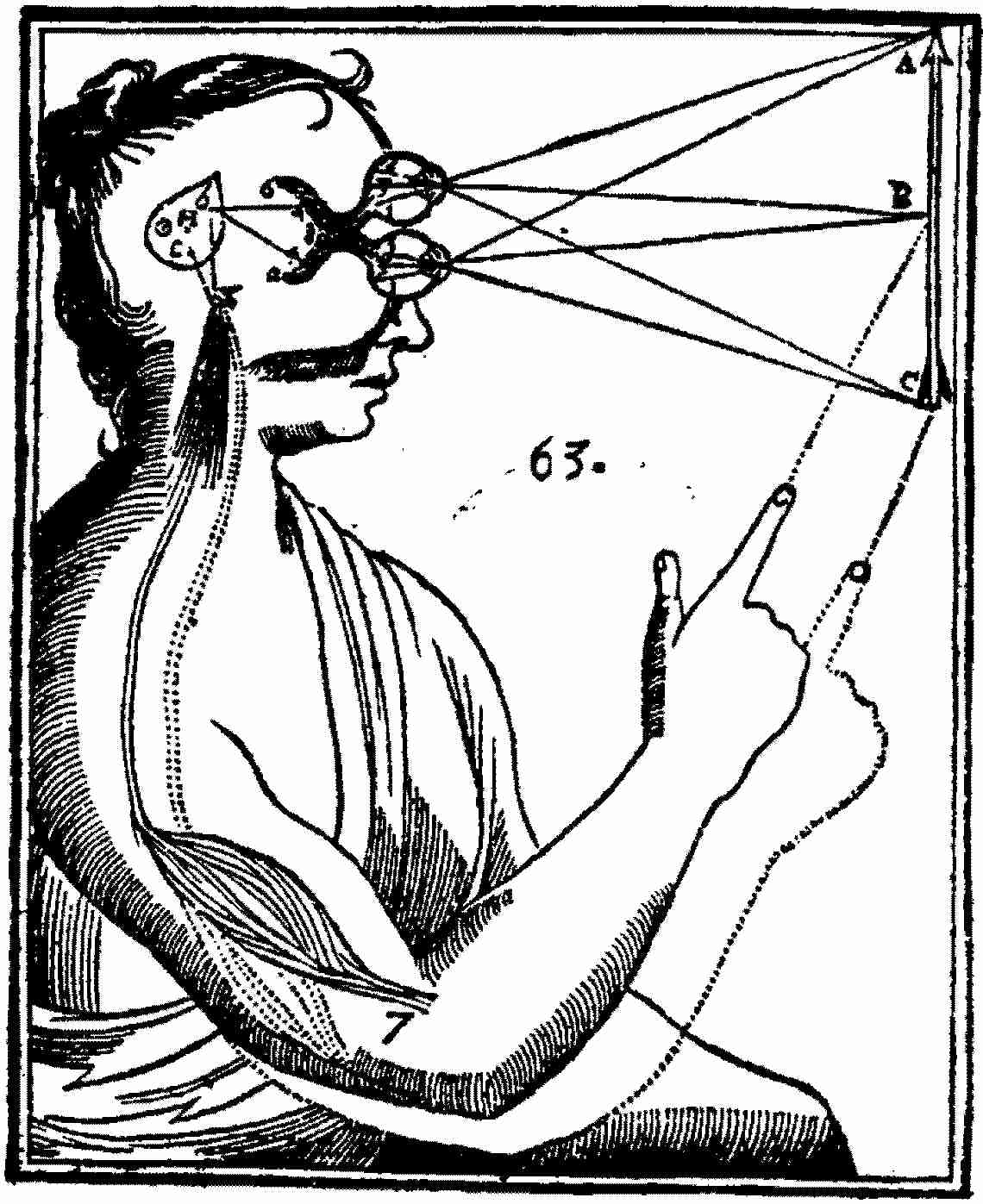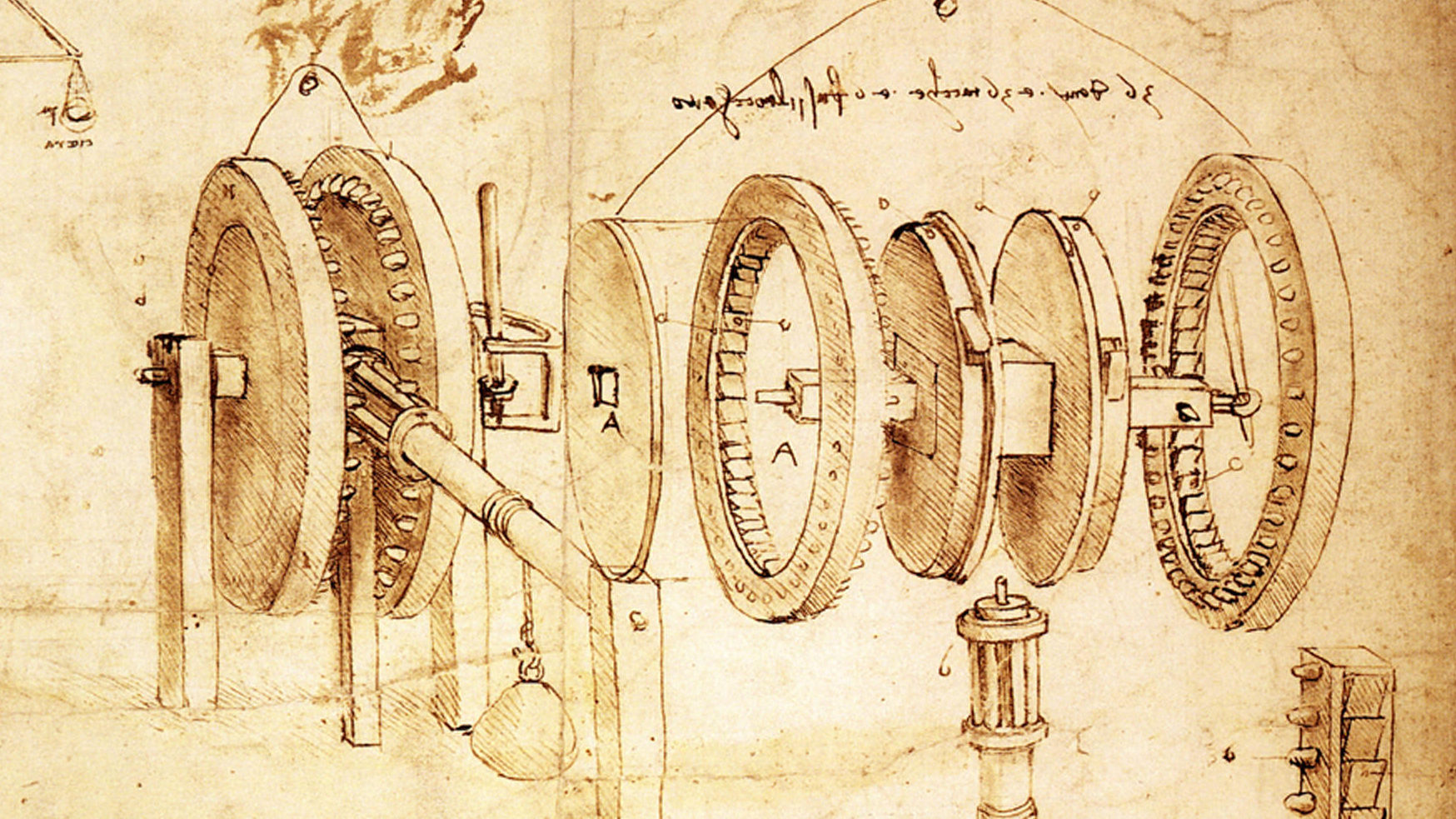Conference: Stockholm University, 19th-21st May 2022
Description
The elimination of causal powers has long been recognized as one of the most characteristic features of early modern philosophy. The rejection of powers as explanatory principles was part of a new way of conceiving nature and theorizing the right form of scientific explanations, in which ‘powers’ had become at best mere abbreviations for referring to complex mechanical processes, when they were not fully rejected as purely fictional entities. Despite the popular mockery according to which opium makes one sleep because it has a ‘dormitive virtue’, the story of how powers ceased to be regarded as useful theoretical devices remains to be told to a large extent. This conference aims at providing a more complete picture of the decline of causal powers at the dusk of the Middle Ages, by investigating the interaction of different topics and theoretical contexts in which the concept of power was involved.
The protean character of the concept of power in medieval anthropology, natural philosophy and metaphysics explains its complex development. As a core concept of psychological theories, ‘power’ was a central concept of late medieval discussions over the status of faculties. But in the medieval terminology, psychological faculties are only special types of powers, the notion of power being employed very broadly to refer to any capacity to produce changes. The different classifications of powers (active/passive powers; rational/irrational powers…), designed in the scholastic framework or taken up from Aristotelian and other philosophical traditions, served as a conceptual basis for investigating the structure of agency and the nature of causality. The analysis of powers from the point of view of categories (What is a power? A quality, a relation, a thing or a substance?) often intermingled with classical debates of psychology (Is the soul identical with its powers?), metaphysical questions (Can a thing or an essence exist without its powers?) or problems of natural philosophy (What kind of cause is a power? What are the fundamental causal powers in nature?). From the 14th century onward, the rise of nominalist trends conveying new theories of cognition brought about skeptical challenges about powers (Can we really know causal powers and, if so, how?), which were directly inherited by modern philosophers.
Despite these epistemological issues, the evolution of natural philosophy and the development of the mechanical arts in the 15th and 16th centuries contributed to give a new meaning to the term ‘power’, which became increasingly employed as a physical magnitude that can be quantified and measured. The late Middle Ages already witnessed a tendency to treat physical power as something that can be precisely described and related to other physical quantities in the formulation of laws of nature. But how did this evolution interact with the more traditional meaning of the term? To what extent did it anticipate the reduction of ‘power’ to non-dispositional properties typical of modern natural philosophy?
Those different aspects of the concept of power, far from being unrelated, explain its complex history. In particular, the tendency to explain biological and even lower psychological functions in mechanical terms parallels the will proper to early modern philosophy to banish dispositional properties from physics. To what extent was this move anticipated by medieval thinkers? More generally, how did these different theoretical contexts—physics, psychology, metaphysics—interact in the gradual decline of causal powers at the end of the Middle Ages?
By bringing together researchers working on these different topics, the conference aims to provide a better understanding of the historical process which, between 1300 and 1650, eventually resulted in the decline of causal powers, leading to a new metaphysics of causation at the dawn of the Modern period.
Program
Stockholm University — 19-21/05/2022
Spelbomskan (Aula Magna), Campus Frescati
Thursday, May 19
2–2.15pm. Opening
2.15pm. Stathis Psillos – keynote speaker (University of Athens)
From natures to laws of nature
4–4.15pm. Coffee break
4.15pm. Richard Cross (University of Notre Dame)
Scotus and Scotists on the distinction between natural and voluntary powers
5.30pm. Can Löwe (Berlin, Humboldt-Universität)
William Crathorn on why the soul’s acts are identical to the soul’s powers
Friday, May 20
9am. Guido Alt (Stockholm University)
Buridan on powers and natural necessities
10.15–10.30am. Coffee break
10.30am. Zita Toth (KU Leuven)
Do causal powers need final causes?
11.45–2pm. Lunch break
2pm. Robert Podkoński (University of Lodz)
The concept of ‘virtus/potentia rei’ in Kilvington’s account on transmutation and reaction
between elementary bodies
3.15pm. Elzbieta Jung (University of Lodz)
Causal powers in Richard Kilvington’s philosophy of nature
4.30–4.45 Break
4.45pm. Daniel Di Liscia (Munich, Ludwig-Maximilians-Universität)
Jacques Legrand on maxima et minima
Saturday, May 21
9am. Erik Åkerlund (Uppsala, Newman Institute)
Suárez on powers
10.15–10.30 Coffee break
10.30am. Deborah Brown (University of Queensland)
The gunpowder plot: Conatus in Descartes, Hobbes, and the medical treatises of Thomas Willis

